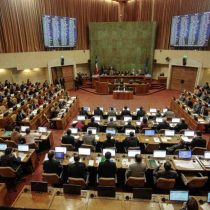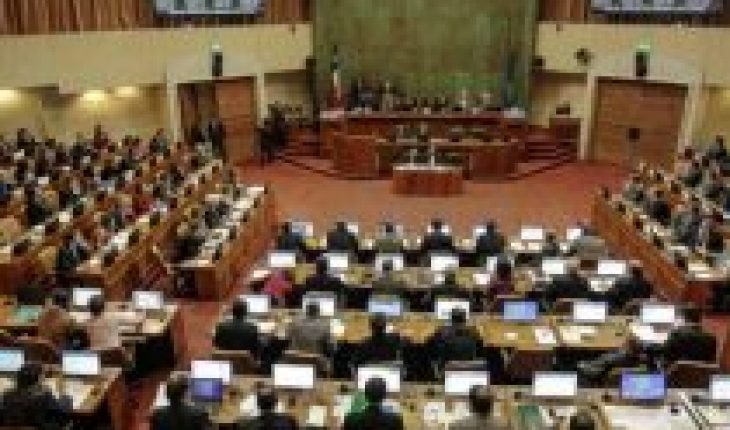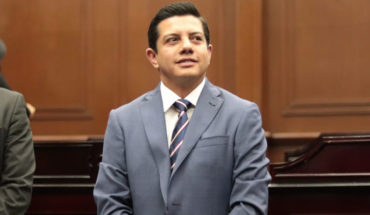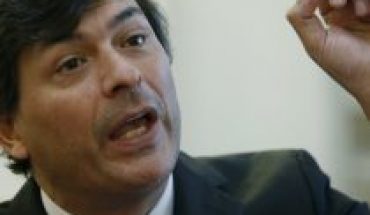
Public information flows through two bands. On the one hand, a broadband: social media. It has no filter, beyond the self-control of each person who expresses their opinions. On the other hand, there is a narrower band, “select”: the traditional press. This one does have a filter. Both are involved for political purposes. In both cases, the smear of democratic institutions (showing opinion polls) is used to disrespect them, to further denote them, and to skip them if this is functional to certain conjunctural political objectives. Thus, if the Legislative Power is overreached in its functions under the current Constitution, this is relativized because (i) the Constitution is going to be changed and (ii) it is more popular for the parliamentarian to support something “that people demand” than to respect the current institutionality (because it is delegitied). There are parliamentarians who put their particular interests above respect for the Constitution and the Laws, which they swore to respect. They thus contribute to exacerbating the depreciation of democratic institutionality in Chile (and paving the way for anarchist movements). If the President of the Republic has little citizen adherence, then this gives rise to the absolute absence of willingness to dialogue and agreements between the Legislative And the Executive. Moreover, the latter can be vilified, and hold it accountable for any negatives that occur in public health even if it has no relation to its management (contagions increase by Covid 19 in early April, for example). And it is justified to minimize any positive management of the president in the eyes of the public (such as the world-renowned vaccination programme). Large sectors of journalism overlap by looking for the “fifth leg to the cat” to any issue where the Ministry of Health may not have acted with the absolute perfection demanded by the “amateur experts” who look from the outside and in hinds wheel, without considering the objective limitations that exist – in any country in the world – to perfectly anticipate all the public health effects of a new pandemic , unknown to the global scientific community. And the limitations of statistical information in a public health system that was not prepared to deal with such a crisis are unknown. They don’t accept the slightest mistake, even if it’s understandable. Everything is questioned a priori – by action or omission – simply by being driven from the Executive Branch. Opinions and ideas are not evaluated on their merit but on the role of who issues or sponsors them. It is totalitarianism in the field of ideas and public discussion. This gives rise to the exaceration of disqualify language and the generate of artificial conflicts.
The media often contributes to this negativism of finding – as it may result – the empty part of the glass half full. They give grandstand to the intolerance and a priori disqualification of legitimate differences of opinion, they feed back this atmosphere of crisping that we live. But the press not only has the right to report; it also has a civic function for the common good. It has a duty to reconcile “its rating” with its responsibility to strengthen democratic institutionality.
Chilean society is immersed in a kind of irresponsible game. But this one’s not zero-sum. It is a game about which, unfortunately, few seem to be aware of its danger to the valuation and stability of democracy as a political-institutional system in Chile. Where will it lead us?
The content poured into this opinion column is the sole responsibility of its author, and does not necessarily reflect the editorial line or position of El Mostrador.





